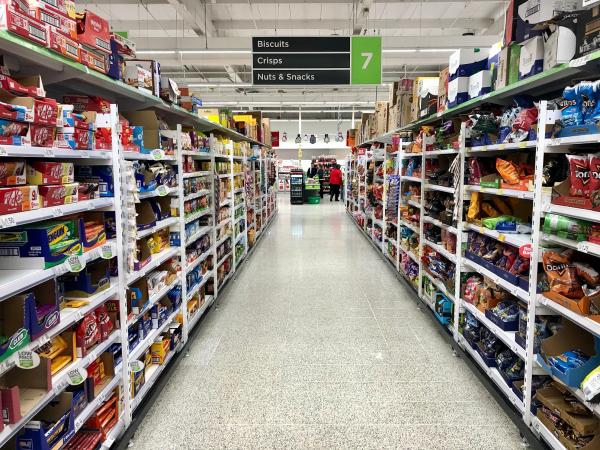
Press release: Tax experts urge review of VAT food rules
The Association of Taxation Technicians (ATT) is asking the Government to take the opportunity arising from the UK leaving the EU to revisit the overly complex rules surrounding VAT on food and drink.
The Chancellor announced at the Budget on 11 March 2020 that he intends to use ‘new freedoms’ when the Brexit transition period ends on 1 January 2021 to scrap the so called ‘tampon tax’ (the five per cent rate of VAT on women’s sanitary products). The ATT is highlighting the opportunity to reduce the inconsistencies in other areas of VAT.
Michael Steed, Co-Chair of the ATT Technical Steering Group, said:
“We encourage the Government to take the opportunity posed by the UK leaving the EU to take another look at how we apply VAT to food and drink.
“Many of the rules for food and drink derive from the old Purchase Tax regime, which was replaced with VAT when the UK joined the EU in 1973. As a result, they are often out of date and difficult to apply in the modern world.
“This has led in the past to the Tax Tribunal having to consider such intriguing questions as whether Jaffa Cakes are a cake or a biscuit, and whether Pringles are crisps or not.1 The decisions in these cases often throw up results which sound utterly ridiculous to the average person.”
For example, chocolate flavoured Nesquik attracts zero VAT while strawberry or banana flavoured varieties are subject to the standard rate of 20 per cent. And a gingerbread man with chocolate eyes attracts zero VAT, but one with chocolate trousers attracts VAT at the standard rate of 20 per cent.
Michael Steed continued:
“The end of the Brexit transition period at the end of 2020 presents an opportunity for the Government to consult on ways to modernise and rationalise the VAT rules on food and drink. A clearer, more up to date set of rules would reduce confusion, and save both businesses and HMRC the time and costs associated with arguments over VAT treatment.”
Notes for editors
1. Under VAT law, a cake attracts zero VAT regardless of whether it is covered in chocolate, whereas a chocolate covered biscuit is subject to the standard rate of VAT. In the 1991 case of United Biscuits (UK) Ltd (No 2) the Tribunal decided that, although Jaffa Cakes had characteristics of both cakes and biscuits, on balance they were more like cakes and therefore attracted zero VAT.
In Procter & Gamble UK it was claimed that Pringles were not subject to standard rated VAT as they were not ‘potato crisps’ or ‘similar products made from potato’. The manufacturers argued that Pringles were not similar to crisps due to their regularity of shape, texture etc., and that their manufacturing process was more like that of a cake or biscuit. These arguments were rejected by the Court of Appeal in 2009, who held that Pringles should be standard rated.















